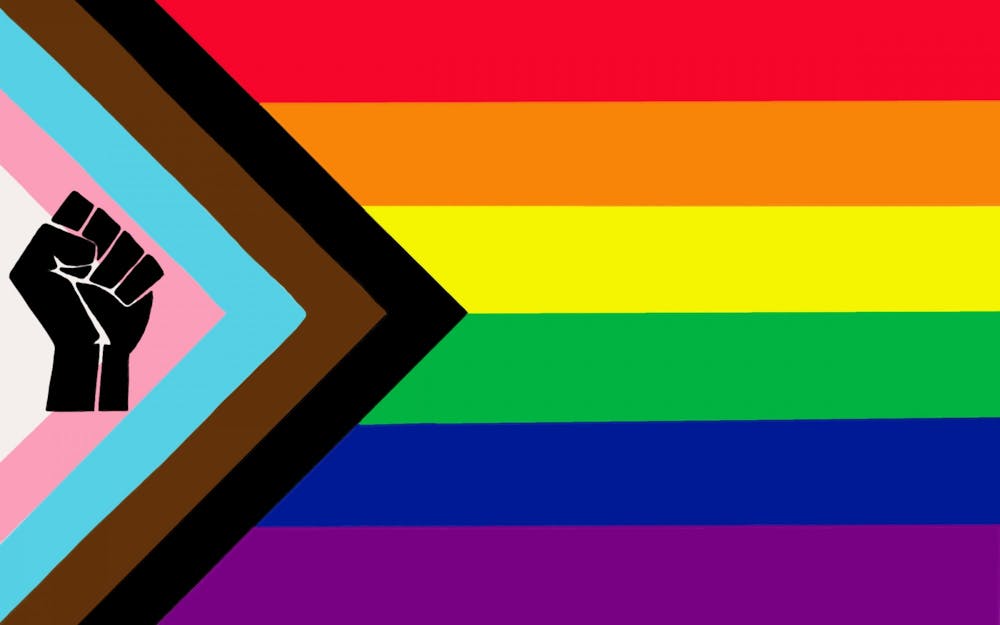Discussions about sexuality and discussions about Blackness seem to be fairly separated for some reason.
Like every Black History Month, the nation has restarted its well-intentioned conversations about the contributions and accomplishments of Black folks. Big and recognizable names are thrown around for their writings and how they speak truth to the Black experience. It's always about slavery abolition or the civil rights movement in the 1960s, but never about an aspect of Blackness just as important: sexuality.
It's rare to find a single-issue activist. Very few people fight for, say, LGBTQ rights but sit out the rallies for Black Lives Matter. In that same vein, people's identities are multifaceted. During Black History Month, yes, Blackness should be the central idea, but LGBTQ history in relation to Blackness isn't a tangent.
Black people have been members of the LGBTQ community for a very long time. In fact, being what we now call LGBTQ was a normalized phenomena of precolonial Black life — homophobia was imported. Black life, meaning African life, had few issues with homosexuality, and many homophobic laws now in place in Africa are due to colonialization.
Despite being gay, the experience of prominent Black figures in history is often relegated to just their Blackness. Reducing these people's lives to a single aspect minimizes their struggles and accomplishments. Many famous names like the authors James Baldwin and Lorraine Hansberry are discussed without once mentioning their sexuality.
Notable Black members of the LGBTQ community include Langston Hughes, Little Richard, Audre Lorde, Alice Walker and Angela Davis. All are incredibly important names in both their art and the civil rights movement, but this pattern of erasing aspects of their identity goes largely unnoticed.
Sexuality is deeply intertwined with Blackness to the point of being inseparable. Many of the Jim Crow and slavery era stereotypes of Black folk that still linger on today are related to sexuality. These included examples like the Jezebel, who was a hyper-sexualized depiction of a Black woman, or the Savage, the belief which inaccurately represented Black men as animalistic and sexually aggressive.
Many Black figures in history have tackled racism and homophobia in their fight for civil rights. Baldwin wrote beautiful essays on the realities of race, as well as his relationship to the wider Black community as a gay man. His work focusing on Blackness was widely read and distributed, but his novel on homosexuality faced difficulty in being published, with Baldwin's publisher saying it would ruin his career. It was eventually published, but some people diminished Baldwin's authority to speak on Blackness because of his homosexuality.
Baldwin’s story is one of many Black figures who faced unfair criticism from white people for their race and unfair critique from homophobes for their sexuality. And in Black History Month, one of those fronts is conveniently forgotten. Is Black sexuality not still Blackness? Now, this separation could be argued as a good thing. A person's sexuality doesn't change their ability to create wonderful art or contribute greatly to the world as an activist. Still, it's naive to think sexuality didn't have an impact on their lives and to forgo mentioning it entirely is unfair.






